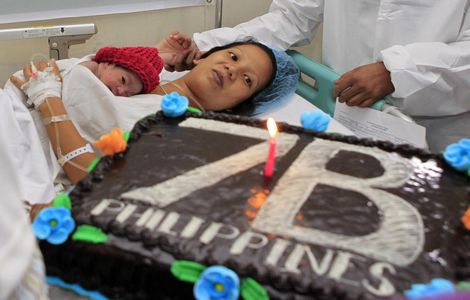China, Greece take center stage as G20 opens
Updated: 2011-11-03 22:24
By Liu Wei (chinadaily.com.cn)
|
|||||||||||
Sweets pop up in Cannes, the French coastal town which hosts the G20 summit on Nov 3 and 4.
Along the seaside boulevard and inside the press center, monumental statues pay homage to the world's economic powerhouses in the form of giant candies wrapped in various nation flags.
More sweet is the giant "G" symbol made of the French dessert macaroon and chocolates at the entrance of Palais des Festivals, the main venue of the summit and the annual Cannes Film Festival.
Although "sweet" is definitely not the key word of the summit, on which world leaders have to address some of the toughest global problems, there are some "candies" that few cannot take their eyes off.
On Nov 1 and 2, China was the most wanted candy, for European governments suffering the euro debt crisis, and international media keenly waiting for the country's action on the issue.
Wearing a badge of a Chinese media would draw quick attention of international journalists, who, with appreciable journalistic professionalism, try their luck to get more information about the Chinese delegation's schedule.
More than 100 copies of China Daily in the press center was quickly taken by journalists and experts from various countries including Spain, France and the UK.
"China is so important, it is on the news every day, and in this summit everybody wants to know what China will do, especially on the euro debt crisis issue," said an Associated Press journalist who would remain anonymous.
But the summit's agenda was shifted as quickly as Cannes's weather.
European leaders did not even have time to celebrate their plan reached late last month to rescue Greece, before the country's Prime Minister George Papandreou made a shock decision to initiate a referendum on whether Greece will accept the aid or stay in the euro zone at all.
The candy Greece passes to their hands is obviously not that sweet.
"Yesterday, it was all about China, and now Greece steals the show," said Japanese journalist Junichi Kodama.
Harald Schultz, a senior reporter of German news agency DPA, agreed.
"Greece has totally overshadowed the meeting," he said. "But if China could do something, maybe Greece is no longer a problem. As long as China expresses their attitude, it will still be our headlines."
As Domenico Lombardi, a former IMF executive board member was quoted by the Reuters, the referendum adds a further layer of complexity and uncertainty to an already complex crisis.
However, how to reach practicable solutions to these existing and emerging challenges, in a two days' meeting, might be another tough challenge for the governments.
Many experts have reminded of the risk that the summit will not turn out specific measures for improvement, but in a time when inter-dependence and protectionism still shadows the world economy, a global platform of discussions still deserves to be made good use of.
Hot Topics
Libya conflict, Gaddafi, Oil spill, Palace Museum scandal, Inflation, Japan's new PM, Trapped miners, Mooncake tax, Weekly photos, Hurricane Irene
Editor's Picks
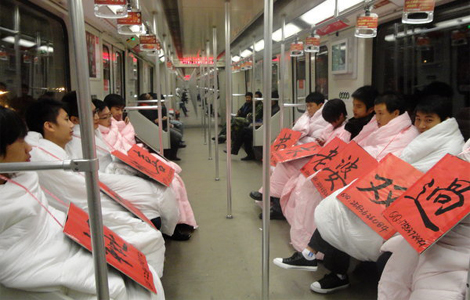
|
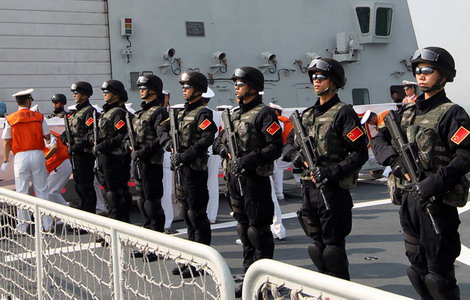
|
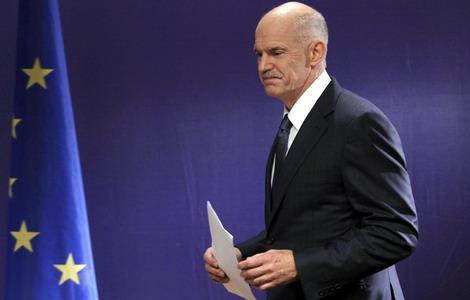
|
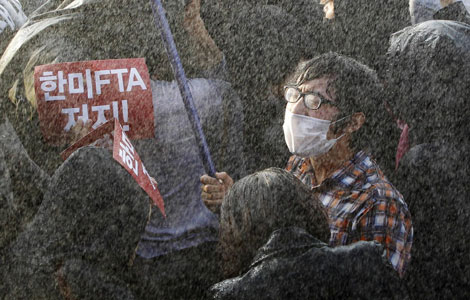
|
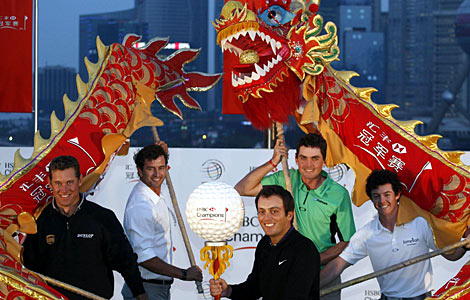
|
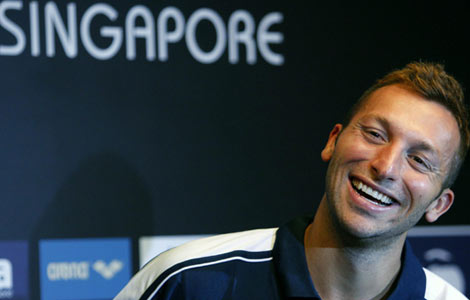
|



